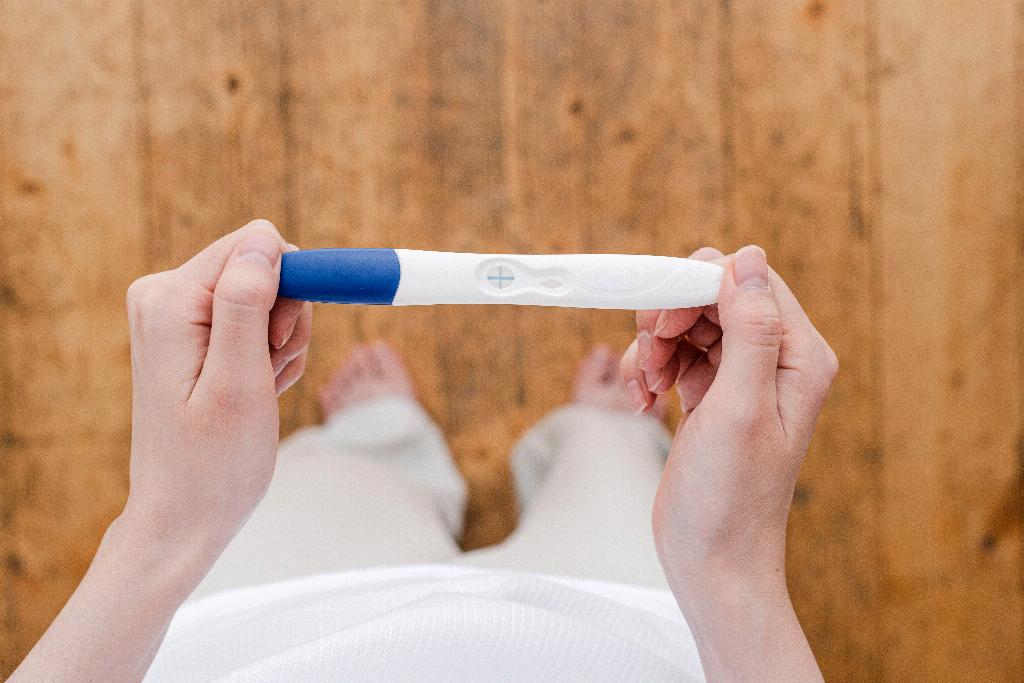Iron is an essential mineral that plays a crucial role in the development of a healthy pregnancy. During pregnancy, a woman’s body requires more iron to support the increased blood volume and to supply oxygen to the growing fetus. The recommended dietary allowance (RDA) of iron for pregnant women is 30 milligrams per day.
It’s important for pregnant women to meet their daily iron requirements to prevent iron deficiency anemia, a condition that can lead to serious complications for both the mother and the baby. Iron deficiency anemia can cause fatigue, weakness, and increased risk of infections.
There are various foods that are rich in iron and can help pregnant women meet their daily iron needs. Some of the best sources of iron include lean meats, poultry, fish, and legumes such as lentils and beans. These foods not only provide iron but also supply important nutrients like protein and zinc.
In addition to animal sources of iron, pregnant women can also increase their iron intake through plant-based foods. Dark leafy greens like spinach and kale, as well as fortified cereals and whole grains, are excellent sources of iron for vegetarians and vegans.
While it’s important to incorporate iron-rich foods into your daily diet, it’s also crucial to be mindful of factors that can affect iron absorption. Vitamin C can enhance iron absorption, so pairing iron-rich foods with sources of vitamin C like citrus fruits, strawberries, and bell peppers can help maximize iron uptake.
Coffee, tea, and calcium-rich foods can inhibit iron absorption, so it’s advisable to avoid consuming these items alongside iron-rich meals. To further optimize iron absorption, consider cooking in cast-iron cookware or using iron-fortified products.
It’s worth noting that some pregnant women may require additional iron supplementation if they are at a higher risk of developing iron deficiency anemia. Factors such as carrying multiple pregnancies, having a history of heavy menstrual bleeding, or being diagnosed with conditions like celiac disease can increase the likelihood of iron deficiency.
Consulting with a healthcare provider is essential for determining the appropriate iron supplementation for individual needs. Taking iron supplements without medical guidance can lead to complications, as excessive iron intake can be harmful and cause gastrointestinal distress.
In conclusion, meeting the daily recommended intake of iron is vital for the health and well-being of pregnant women and their babies. By incorporating a variety of iron-rich foods into your diet and considering factors that affect iron absorption, you can ensure that you are providing your body with the necessary nutrients for a healthy pregnancy.

